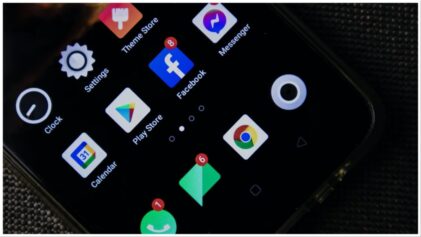Most often the plotline of science fiction and horror stories, the prospect of barcoded children has become a reality. Pets and wild animals are commonly given microchip implants, but the technology has yet to cross into the human domain. On BBC Radio’s “The Forum,” science fiction author Elizabeth Moon suggested that the practice be used on all people.
“I would insist on every individual having a unique ID permanently attached — a barcode if you will — an implanted chip to provide an easy, fast inexpensive way to identify individuals,” she said. The Forum spends 60 seconds a week introducing listeners to a new “radical, inspiring or controversial idea.”
Moon’s proposal revolves around finances, suggesting that implanted chips would be a cheaper and faster alternative to more conventional surveillance and identification equipment. Of course, opponents insist that the implementation of such a system would be a step towards the sort of “Big Brother” society seen in books like 1984.
“To have a record of everywhere you go and everything you do would be a frightening thing,” Jay Stanley, senior policy analyst at the American Civil Liberties Union, told the New York Daily News. “Once we let the government and businesses go down the road of nosing around in our lives…we’re going to quickly lose all our privacy.”
Electronic tracking technology is already being utilized to a certain extent. New U.S. passports introduced in 2006 host radio frequency identification tags that story all of the passport holder’s information, including a digital picture.
In 2002, the Food and Drug Administration approved an implantable ID chip called VeriChip that could be placed in a person’s arm, and could be used to call up data when scanned via a 16 digit ID number. Due to concerns about the privacy and safety of the chip, the project was discontinued in 2010.
Research is still being done on future microchip technology, but debates over the security of safety of these projects continue.


